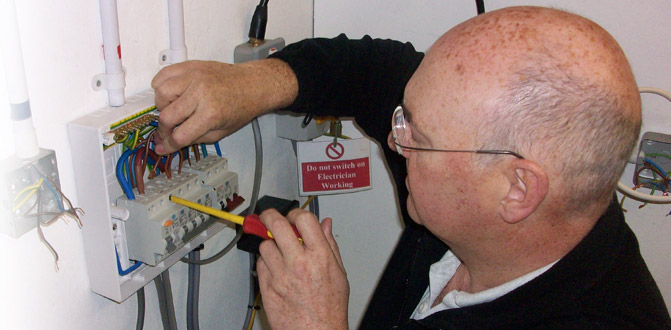
Following Chancellor Philip Hammond's new budget, the construction industry is speculating on how its announcements could affect jobs and opportunities here in Britain. The budget gives insight into the government's vision of Britain for the coming years, as well as their predictions for the economy.
Following a few tough years for the construction industry, we waited with baited breath to hear the plans, and it looks like it may be good news. Here is a closer look at how the some of the announcements from the budget will help the construction industry:
Help for first-time buyers
The abolition of stamp duty is great news for first-time buyers buying a property that is worth less than £500,000. This means that first-time buyers will save an average of £1,660 when purchasing homes between £300,000 and £500,000.
This is sure to encourage more people to buy property, as 80% of people buying their first home will now not have to pay the highly-criticised stamp duty that buyers were previously subjected to.
The need for new homes
The government is aiming to build 300,000 new homes a year - numbers that have not been seen since 1970. With the decision to buy new land for the purpose of creating more homes, there will be far more opportunity for those trying to purchase a property.
The government will also create 5 new 'garden towns'.
How will this affect the construction industry?
Where there are new homes, there are new jobs for construction workers. With Britain looking to expand its homebuilding industry, there has never been a better time to learn a trade. The ongoing UK skills shortage has given carpenters, plasterers, tilers and various other tradespeople the opportunity to find plenty of work for decent pay.
The 2017 Autumn Budget is encouraging when considering the job opportunities for those in the construction industry. Hopefully, it will also encourage more people to learn a trade skill which will, in turn, help the skills shortage.
If you would like to take advantage of the skills shortage and join this growing industry, you should look at the trade training courses we offer here at Access Training. We help get you qualified and working in the shortest possible timeframe. Go to our homepage to see what we offer, or contact us today to discuss your options.

It’s normal to want to know everything about a career you're interested in - all the pros and all the cons - so that you can make an informed decision on what it is you want to do. One thing to consider before you take up a new trade (electrical work, for instance) is the physical effect that your new job might have on your body.
The good news is that being an electrician isn't too hard on your body - there are numerous jobs, including some trade jobs, that take a far harsher physical toll on those who do them.
View our electrician courses >
However, this doesn’t mean that being an electrician is always easy going. If you ask electricians who have been in the business a long time, they will probably tell you they have experienced some discomfort in their knees and back.
This isn’t too surprising, as being an electrician often means crouching, kneeling and bending to reach the electrical installations you're supposed to be working on. With that in mind, it's important to take certain precautions; electricians should stretch often and consider investing in knee pads to wear while working. It's also good practice, as in any line of work, to take breaks and refrain from putting too much stress on your body outside of working hours.
Generally speaking, though, being an electrician doesn't come with any major risks to your long-term physical health (excluding the potential for electrical shocks, which you can read about here). In many ways, a relatively active job like electrical work is preferable to a job that has you parked in front of a computer all day - the dangers of sitting down for long periods of time are well-documented, and this isn't something you'll have to worry about too often when you're working as an electrician, zipping from one job to the next all day long.
You can train to become a professional electrician by completing one of our electrical courses. For more advice on which course best suits you, feel free to get in touch with the Access Training team.
Browse all electrical courses >
Online training now available - learn more here!